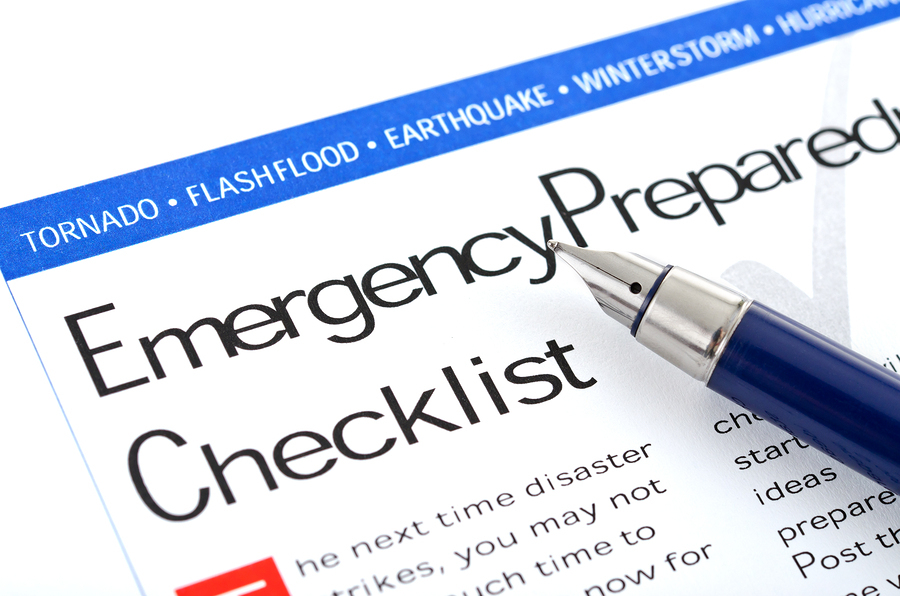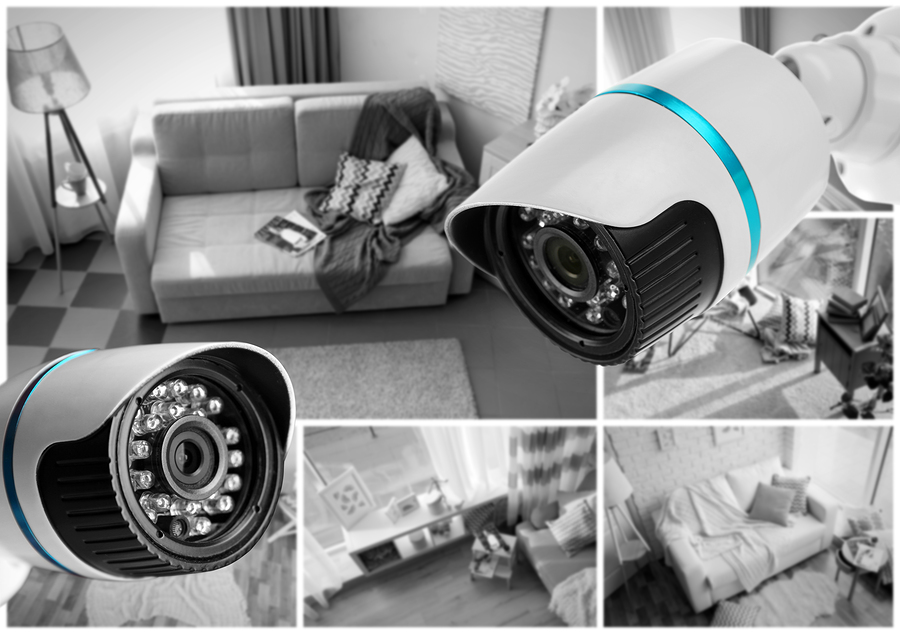
As you are taking care of your elderly loved one, take some time to think about what they will do if there is an emergency and nobody is around. What would you do if you were with your elderly loved one and they had an emergency? It is important to have a plan. One of the things that you may want to do is to create an emergency checklist with your elderly loved one, so they can be more prepared in case of an emergency.
Writing Down Personal Information
One of the most important things to add to your elderly loved one’s emergency checklist is their personal information including:
- Name
- Phone number
- Doctors
- Medication allergies
- Medication list
- Treatments they are receiving
- Religious affiliations or preferences (if any)
- Emergency contacts
If all of this information is kept in an accessible place, if you or a senior home care are with your elderly loved one when they have an emergency, you will be able to inform the medics who arrive of the important things.
Who to Contact
If your elderly loved one has a medical emergency, it is important that certain people are contacted. For example, if your elderly loved one is being picked up by the ambulance for heart issues and they have a cardiologist, it is very important that this doctor is contacted right away. The sooner your elderly loved one’s doctors are contacted, the sooner they can work with emergency medical personnel to help your elderly loved one.
Health Concerns
If your elderly loved one is getting a new senior home care provider, it is crucial they know about your elderly loved one’s health concerns. For example, if your elderly loved one has allergies to certain foods or needs medication reminders because they won’t remember to take their nightly medications, these are things the senior home providers need to know.
Having an Advance Directive
Who will be in charge of your elderly loved one’s care or medical decisions if they are unable to do so? This should be thought about well before there is an emergency. One of the things you can work with your elderly loved one is making an advance directive. The advance directive can help to ensure the doctors know who is responsible for medical choices on behalf of your elderly loved one. It can also help to ensure your elderly loved one’s wishes regarding their medical needs are met.
Conclusion
These are some of the best tips for making a senior citizen an emergency checklist. You can use these tips to help create this type of checklist for your elderly loved one. If you need more information about how to create this checklist or what to put on it, you can talk to medical professionals including your elderly loved one’s doctor.
Sources
https://www.cdc.gov/features/older-adult-emergency/index.html
https://acl.gov/programs/emergency-preparedness



